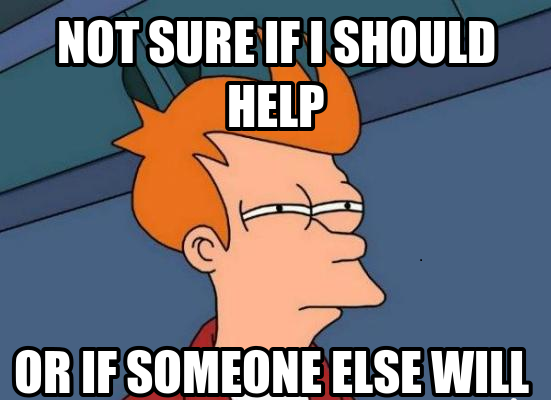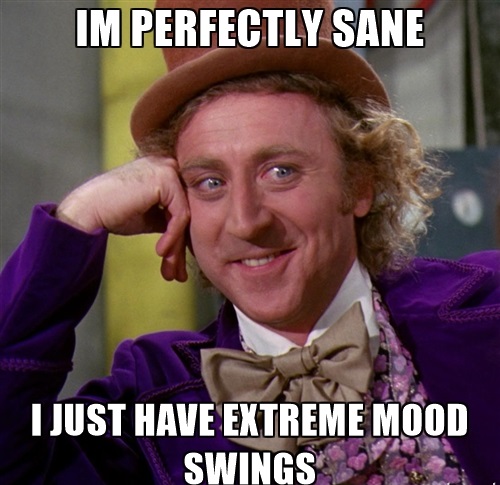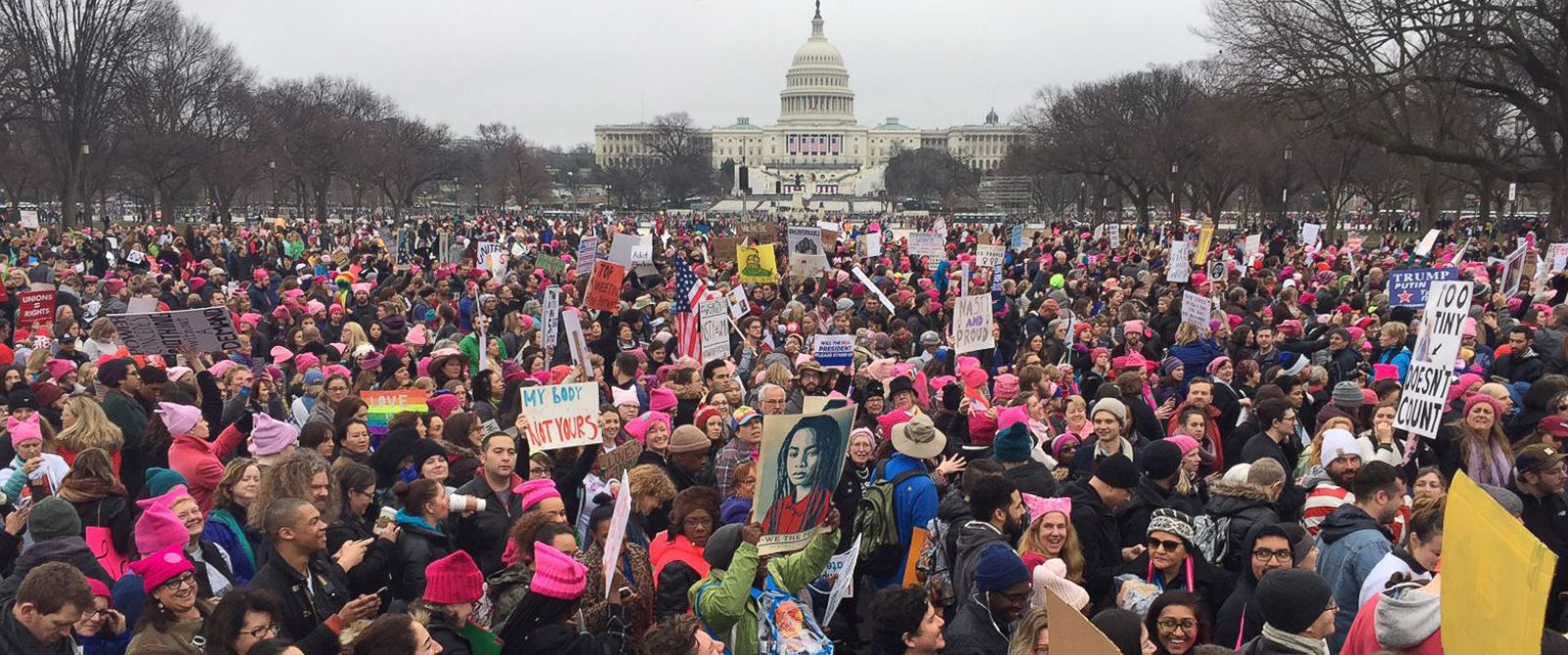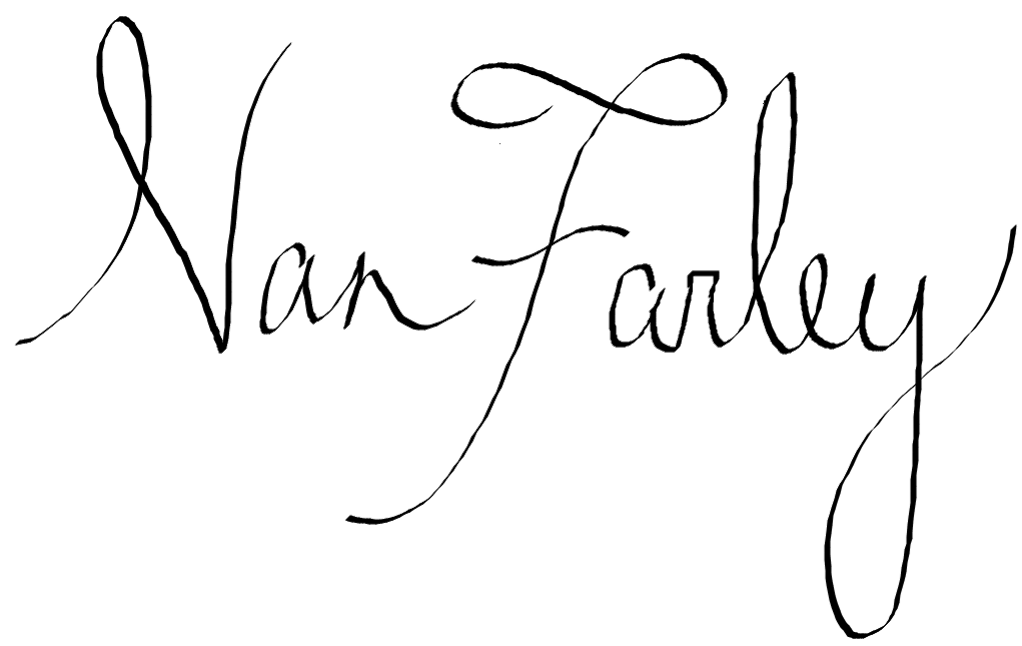All of these demonstrations have gotten me thinking a lot about crowds, mainly the crazy amount of energy people generate when they are together! My theory is that the energy of a group is somehow greater than the sum of each individual’s energy in the group. Here’s that in equation form:
J (group) > J (individual + individual + individual)
Sidenote: Joules (unit of energy) can be calculated in a few ways. This equation for Joules struck me as sociologically applicable for today’s movements…
![]()
![]()
…all you need is some resistance, time, and ohmmmmm. ![]()
Anyway, here are some theories on crowd behavior that are actually backed by research:

In an emergency where there are more bystanders, people feel less responsibility, and thus action is less likely to be taken during critical moments (the bystander effect). How do we overcome this problem? Be BOSSY! If you see an emergency, point at someone/make eye contact and say “YOU, with the red shirt, call 911.” Then do the same for anything else that is needed in the situation. YOU, reader, don’t be an inactive bystander.
Somewhat similar to the bystander effect, is the experience of deindividuation: the experience of losing self-awareness because you feel more immersed in the crowd. At concerts, feeling deindividualized can be super fun! You might let loose dancing and not care who is watching.
In protests, however, this loss of self leads some people to behave in ways they normally wouldn’t (ex: breaking a window or walking on a car). Don’t get too caught up in the crowd to take responsibility for your actions, even if no one would notice.

At the same time that you might experience deindividuation while physically in a crowd, associating with groups actually helps us define ourselves psychologically… and can have some cool effects on our emotions.
Social identity theory states that our sense of self is tied to our group memberships. But that’s not all. If you have more ways of identifying yourself, you are less prone to having emotional fluctuation when one of your “selves” is both complimented and criticized. For example, if you only consider yourself a student and friend, you will experience extreme sadness if you are not excelling in one of these areas as it is half of your identity. By the same token, if you only consider yourself a student and a friend you will also feel extreme happiness when you get a good grade.
However, if you associate with many different notions of self (employee, daughter, best friend, dancer, activist, etc.) your emotions will fluctuate less when you fail or excel in one of these areas. Thus, it is better to have more categorizations to maintain a happy, constant, and diversified self. How many categories can you come up with for yourself?
This is all to say go out there; be parts of lots of groups and crowds. Hopefully you can do this now a bit more safely and with more psychological awareness.

-Nanmund Freud aka N. F. Skinner aka Nanaham Maslow

